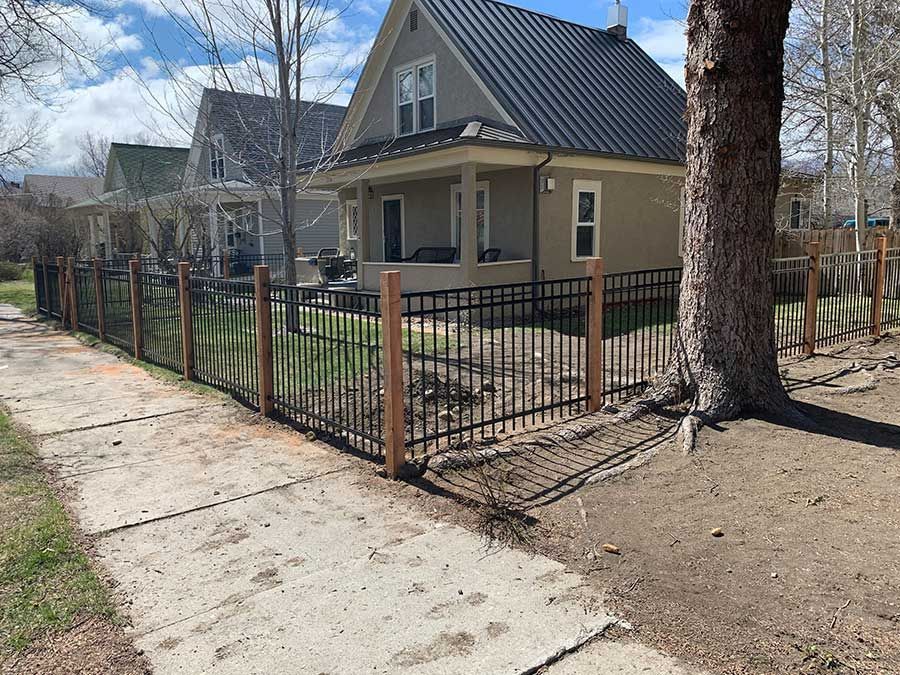Selecting the right fence for your home or business can be tough. Let's compare the benefits of continuous panel fencing versus traditional fencing to help you make the right choice.
Materials and Cost Comparison
The materials you choose for your fence significantly affect its price and performance:
- Continuous Panel Fencing: Made from welded steel, this type of fencing is built for long-term strength and resilience. Though the upfront cost can be more, it saves money in maintenance down the road.
- Traditional Fencing: Traditional options such as wood, vinyl, or barbed wire tend to be less expensive initially, but ongoing maintenance can make them pricier in the long run.
Maintenance and Durability Factors
When it comes to withstanding the elements and everyday wear, here’s how the options compare:
- Continuous Panel Fencing: Built for strength, these panels resist damage from livestock and harsh weather conditions. Maintenance is minimal, usually limited to occasional cleaning or rust prevention.
- Traditional Fencing: Wooden fences can rot due to weather, while barbed wire and vinyl may degrade. Regular maintenance is required to keep traditional fences functional and visually appealing.

Aesthetic Differences
How your fence looks can impact your property’s aesthetic:
- Continuous Panel Fencing: Featuring a contemporary and sleek design, continuous panel fencing suits both residential and agricultural settings. It’s customizable with various finishes and additions.
- Traditional Fencing: Wood and vinyl fences offer a classic, rustic charm, while barbed wire focuses more on practicality than aesthetics.
Which Fencing is Best for Your Needs?
The purpose of your fence will dictate which type is most suitable:
- Continuous Panel Fencing: Ideal for livestock containment, property boundaries, and high-traffic areas where durability is critical.
- Traditional Fencing: Ideal for smaller enclosures, aesthetic purposes, or when on a tighter budget.
Conclusion: Making an Informed Decision
Deciding between continuous panel fencing and traditional fencing comes down to what matters most to you:
- For long-term durability and low maintenance, continuous panel fencing is the clear winner.
- For a more budget-friendly or decorative option, traditional fencing could be the more cost-effective and decorative solution.
Evaluate your budget, property requirements, and style preferences to make the most suitable choice.